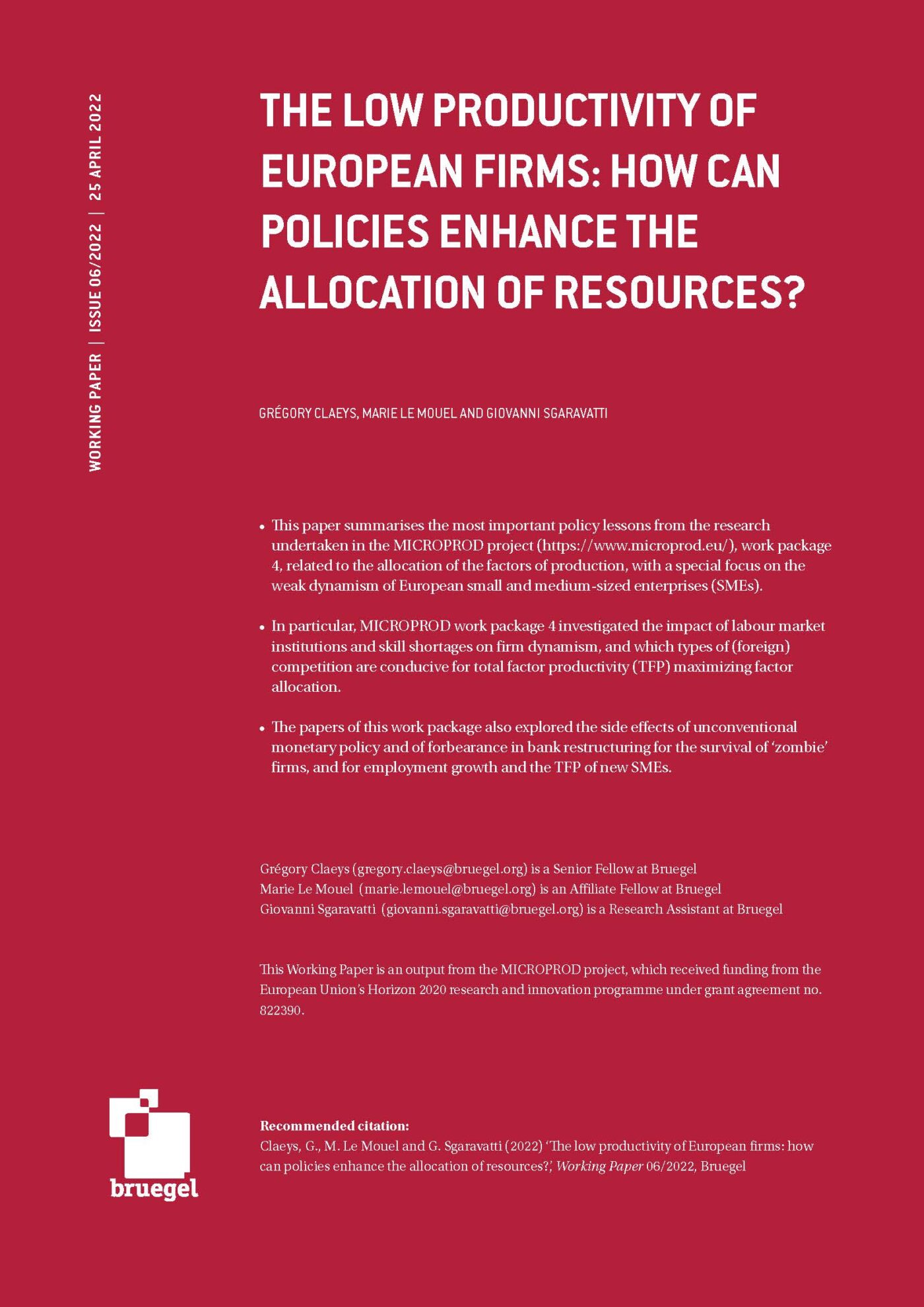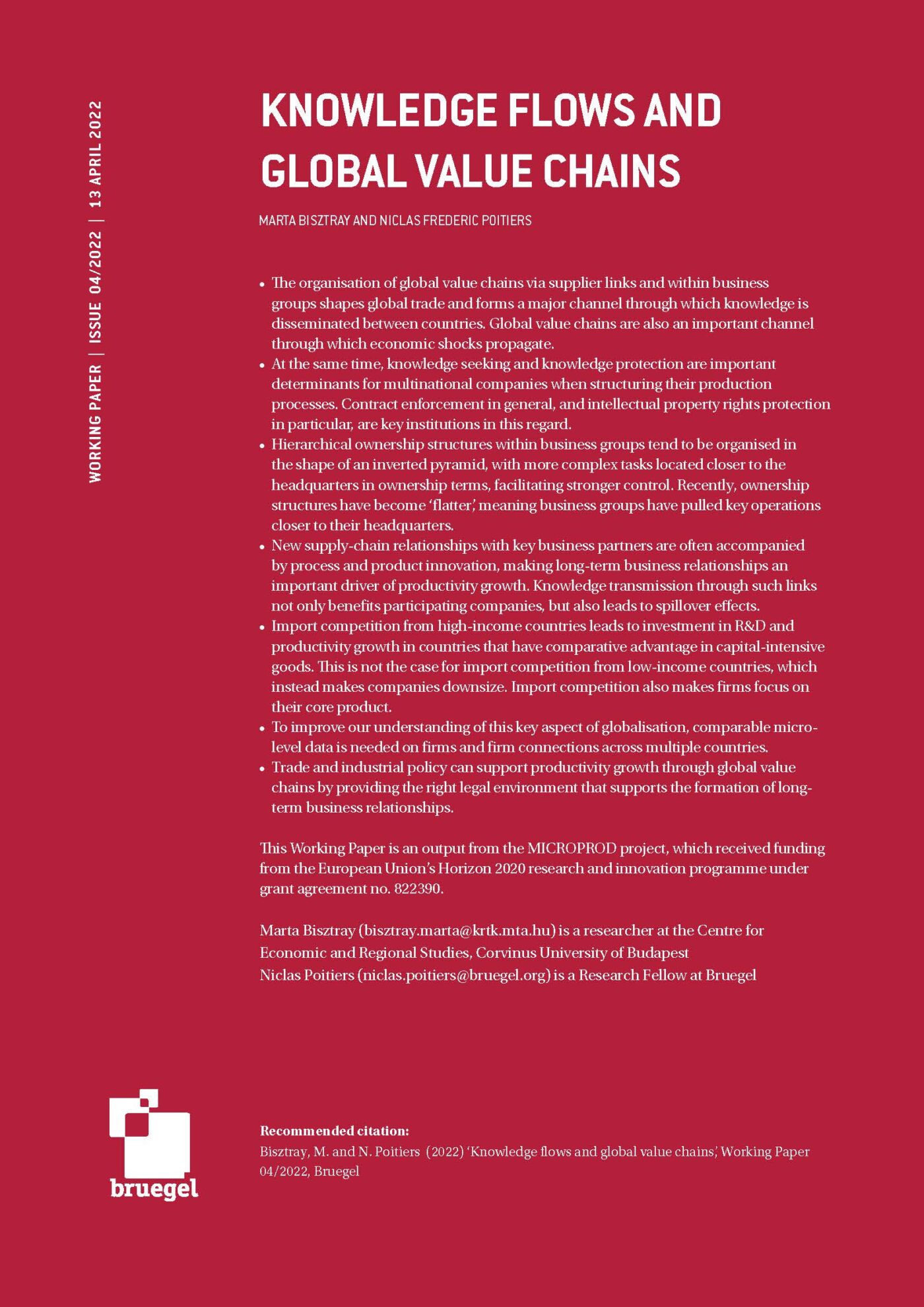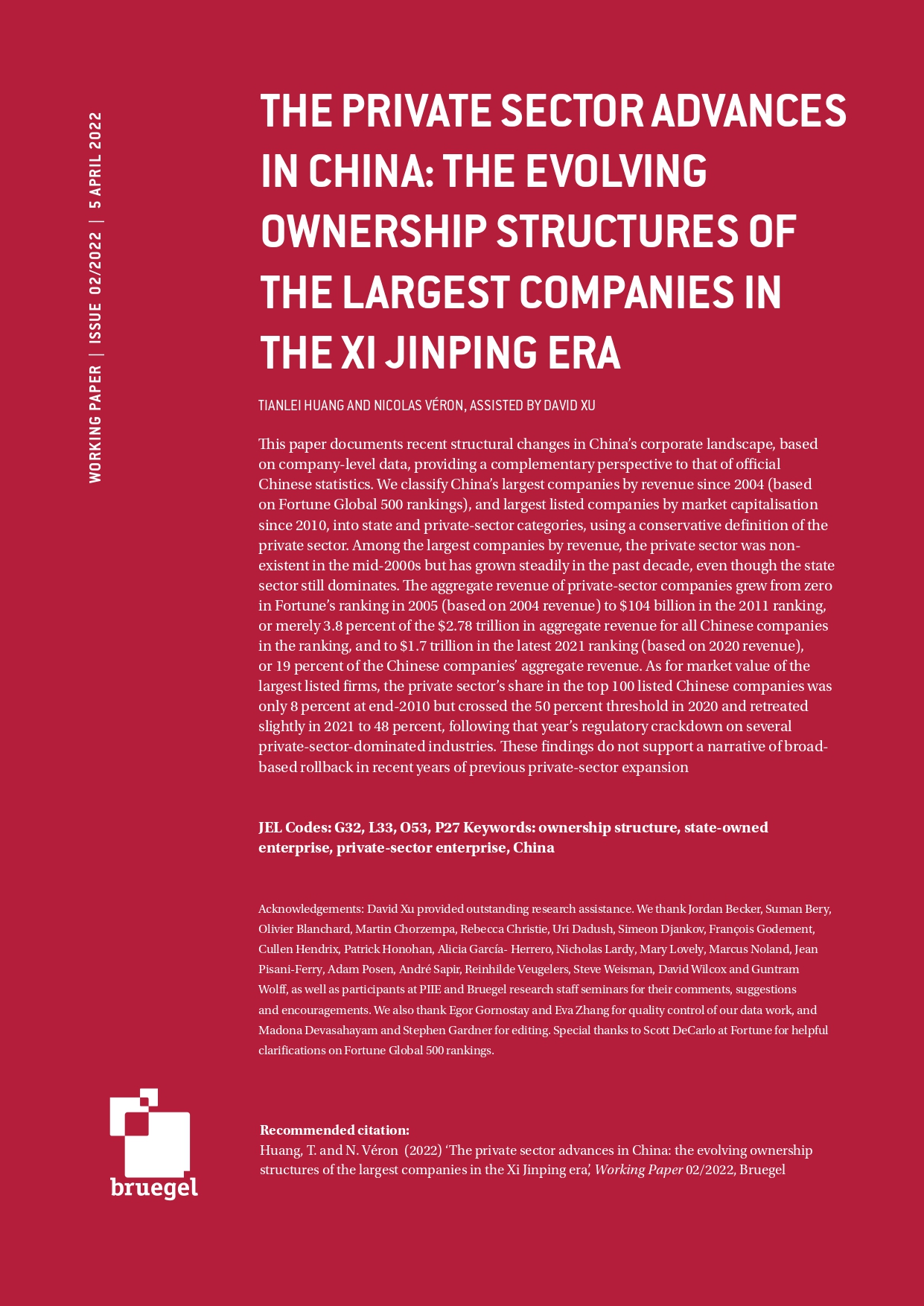Opinion
Greece must capitalise on its growth momentum
Better-than-expected growth performance reflects the underlying positive changes in the Greek economy – but net investment is in fact negative, while Greece has various institutional weaknesses. Further improvements must be made regarding Greece’s attractiveness to foreign direct investment. A new (at least precautionary) financial assistance programme would improve trust in continued reforms and also address eventual public debt financing difficulties.
Economic growth in Greece turned out to be more favourable than was projected in summer 2015, when the third financial assistance programme was agreed (Figure 1). While the programme assumed a 3.5% fall in GDP from 2014-16, in fact GDP hardly fell in this period and growth restarted in 2017. These developments are in sharp contrast to the 2010 and 2012 financial assistance programmes, when GDP contracted much more than expected.
The good growth outcome of Greece is not surprising. Even in the first half of 2015, when there was a stalemate between the new Greek government and official creditors, I argued that Greece was destined to grow if a comprehensive and credible agreement was reached with the creditors and reforms continued. At that time, various data indicated that a transition to a new growth model, based on improved functioning of markets and a stronger tradable sector, had already started – though there was still a long way to go.
Since then, the reform process has continued, job creation has occurred in most sectors of the economy, yet the mission remains incomplete. A particular weak point of the Greek economy is investment: gross investment, as a share of GDP, fell to about half of its pre-crisis value (Figure 2). Moreover, part of gross investment is the replacement of depreciating capital – such as replacing worn-out machines, or renovating decaying hotels. Net investment (i.e. gross investment, minus depreciation) was about 10% of GDP before the crisis, indicating that the capital stock was increasing at that time. But net investment fell to deep negative values after 2010, implying that the effective capital stock of the country is actually declining.
Output growth cannot be sustained for long with a declining capital stock. In the near term, growth is still possible because there are significant amounts of idle capital in the highly depressed economy of Greece. But with a continued decline in net capital stock, sooner or later growth will face major capital bottlenecks. A boost to investment is absolutely required – and the boost should be very big to lift net investment from its current value of -7% of GDP, to reasonable positive values.
What sources could provide the much-needed new investment? While some public investment is necessary, the Greek public sector faces major fiscal constraints and it did not prove to be the best asset manager in the past. So an increase in public investment can hardly fill any significant portion of the investment gap.
Investment by the Greek private sector is constrained by low corporate profits (limiting its own funds available for investment) and weak bank balance sheet positions, as reflected by the approximately 40% share of total loans made by Greek banks that are non-performing loans (which constrains available bank lending). Borrowing from abroad is not the best idea for a country that already has huge foreign debt.
Therefore, the best hope is foreign direct investment (FDI), which, beyond its contribution to the missing funds for investment, could also boost productivity, innovation, improved managerial skills and could have positive spill-over effects for local suppliers.
But Greece places rather poorly on a global FDI country attractiveness index. With a rank of only 45 out of the 109 countries considered, Greece has the second-worst ranking among EU countries (only Romania’s score is weaker). As regards the components of this index, beyond macroeconomic stability, other extremely weak points are ‘enforcing contracts’ (rank 103rd), ‘registering property’ (rank 96th) and ‘labour taxes and contributions’ (rank 92nd). Further indicators of the business environment also show a much worse situation than in most EU countries.
Clearly, further substantial reforms are needed to improve the business climate, but also in many other areas. For example, tax reforms would broaden the tax base and improve tax compliance, allowing for a lowering of tax rates. Such reforms are difficult and take time. Given the major uncertainties related to the economic, political and public debt developments of Greece, an external anchor and validation of Greek policies seems essential. Therefore, in my view, a fourth financial assistance programme, at least a precautionary one, would greatly improve the trust in continued reforms.
The need to improve trust adds further weight to the case for a new programme, in addition to arguments related to Greek public debt. A prominent group of economists concluded that even the full set of measures considered by the Eurogroup would not be enough to restore the sustainability of Greece’s debt – a view that I share.
If no additional debt relief measures will be offered to Greece beyond what are currently considered, and Greece pursues a ‘clean exit’ from the current third assistance programme and starts borrowing from the market, in some years it will likely face financing tensions which would necessitate a new programme. Such a forced return to a new programme would be rather painful. Instead, a smooth, planned follow-up to the current programme would support both growth and fiscal sustainability.
This post is based on the author’s contribution to the discussion on Greece’s modernization process at the Delphi Economic Forum III.
Republishing and referencing
Bruegel considers itself a public good and takes no institutional standpoint.
Due to copyright agreements we ask that you kindly email request to republish opinions that have appeared in print to [email protected].












